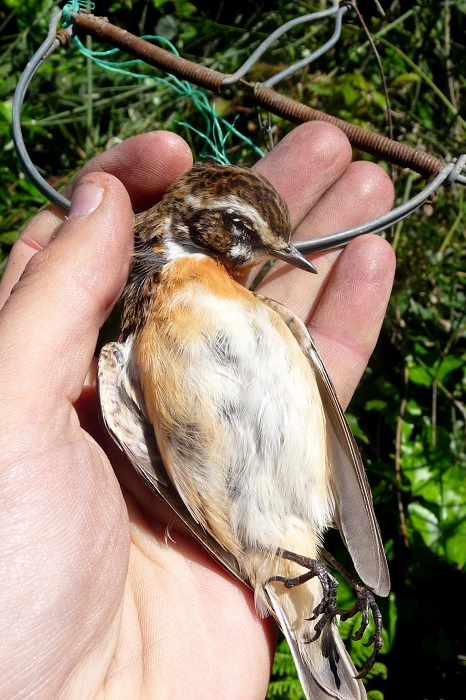Ischia: Poaching on the "Isola verde"

Ischia is the largest Mediterranean island off the coast of southern Italy. The popular destination in the Gulf of Naples has dense forests and lush gardens - and the "Isola verde" ("Green Island") attracts hundreds of thousands of tourists every year.
Its location, its size and its largely intact nature also attract hundreds of thousands of feathered guests. During the migratory season in spring and autumn, Ischia is full of migratory birds resting and passing through. During the official hunting season in autumn, the approximately 3,000 registered hunters (more than 4% of the population) officially target thrushes, skylarks and turtledoves, but many protected species are also killed. For example, there are always cases of illegal bird of prey pursuit on Ischia, bee-eaters and orioles with gunshot wounds are also reported time and again.
When the migratory birds arrive on Ischia in spring, hunting is strictly prohibited by law, but for many poachers the law is of little consequence. On Ponza and Palmarola, bird trappers set snap traps on the terraced vegetable, vine and orchard gardens. The most common trapped species are whinchats, wheatears, redstarts, nightingales and pied flycatchers, robins and common redstarts a targeted a little earlier in the year. Nowadays the use of nets has become increasingly rare. As with many other areas around the Med - the protected birds are regarded as a regional delicacy.
Turtledoves and quails - bird species that are are legally huntable in Italy during the open season in autumn - are also protected in spring. Nevertheless, poachers still pursue them in April and May. Well hidden in hardly accessible and unclear garden terraces on the coast, they shoot in the morning at the migratory birds that have arrived overnight. When hunting for quails, illegal electronic decoy callers are often used and fallow land is burned in order to have a clear shot at the ground dwelling birds.
Since the beginning of our bird protection camps on Ischia, the number of snap traps has continuously decreased and has now reached a historic low. Poaching with shotguns has also become rarer.






